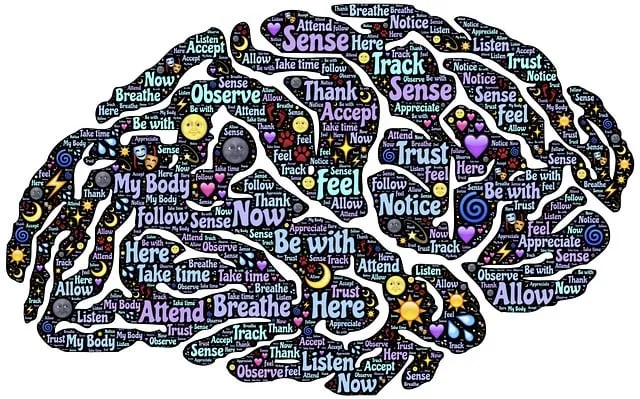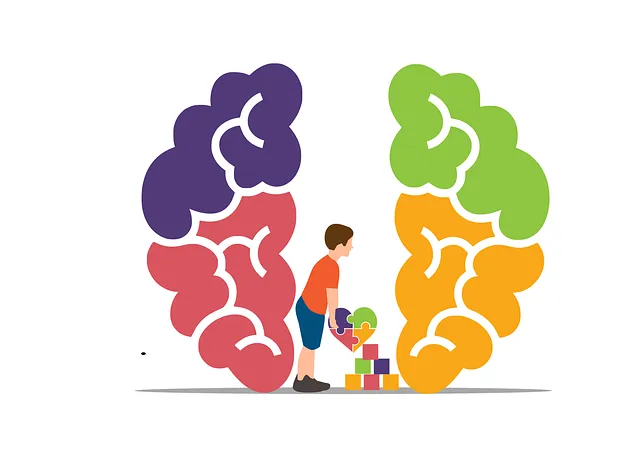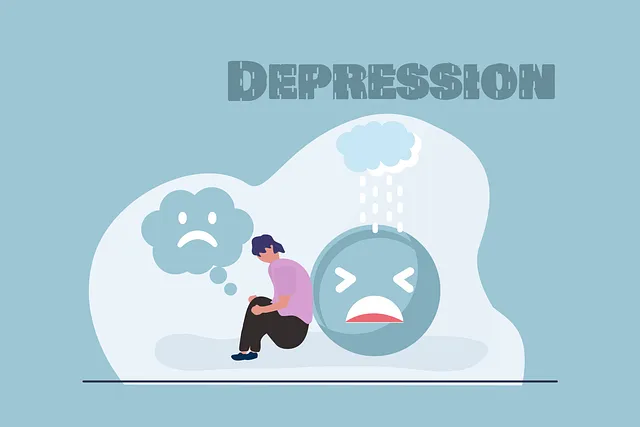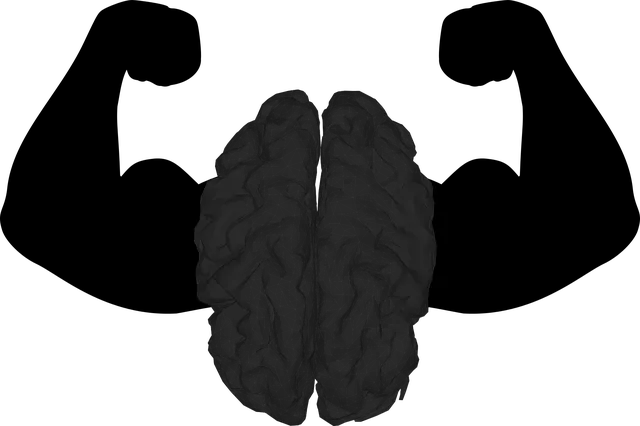Kaiser Permanente mental health jobs Lone Tree promote proactive mood management through structured approaches like self-awareness, CBT, and mindfulness meditation. These strategies, backed by evidence, enhance emotional well-being, improve care quality, and include holistic lifestyle changes and supportive networks for holistic mental healthcare.
At Kaiser Permanente mental health jobs in Lone Tree, understanding and regulating mood swings is a critical aspect of well-being. This article explores effective strategies for managing moods, from identifying triggers specific to the Kaiser Permanente environment to leveraging evidence-based practices like Cognitive Behavioral Therapy (CBT) and mindfulness meditation. Additionally, it delves into lifestyle changes, emphasizing nutrition, exercise, and sleep as foundational elements for achieving emotional balance. Lastly, the power of support systems and social connections is highlighted, offering insights into building resilience for long-term mental health stability.
- Understanding Mood Swings: Identifying Triggers at Kaiser Permanente mental health jobs Lone Tree
- Cognitive Behavioral Therapy: A Powerful Tool for Mood Regulation
- Mindfulness and Meditation Practices for Daily Stability
- Lifestyle Changes: Nutrition, Exercise, and Sleep for Emotional Balance
- Support Systems: Building Resilience Through Social Connections
Understanding Mood Swings: Identifying Triggers at Kaiser Permanente mental health jobs Lone Tree

At Kaiser Permanente mental health jobs Lone Tree, understanding mood swings involves a meticulous process of identifying triggers. This begins with self-awareness—recognizing patterns in emotional responses and environmental stimuli. Mental health professionals at our facility are encouraged to maintain detailed records of their experiences, thoughts, and surrounding conditions during shifts, allowing them to retrospectively analyze and pinpoint specific factors that influence their moods.
Through this introspective practice, they can assess whether certain stressors, such as heavy caseloads, challenging patient interactions, or even lack of self-care, play a role in their emotional fluctuations. Additionally, risk assessments become integral tools for preemptive management. By staying attuned to these triggers and incorporating evidence-based strategies like mindfulness meditation into their routines, mental health professionals at Kaiser Permanente Lone Tree can foster better mood regulation, ultimately enhancing the quality of care they provide.
Cognitive Behavioral Therapy: A Powerful Tool for Mood Regulation

Cognitive Behavioral Therapy (CBT) is a highly effective strategy for individuals seeking to regulate their moods and manage mental health conditions. This evidence-based approach, often recommended by Kaiser Permanente mental health jobs in Lone Tree, focuses on identifying and changing negative thought patterns and behaviors. By challenging distorted thinking and adopting healthier coping mechanisms, CBT empowers individuals to gain control over their emotional responses.
In the context of crisis intervention guidance and risk management planning for mental health professionals, CBT offers a structured framework. It teaches individuals to recognize triggers, develop effective stress management techniques, and implement strategies tailored to their specific needs. This proactive approach not only helps in managing existing conditions but also serves as a valuable tool for preventing future crises, ensuring better overall mental well-being.
Mindfulness and Meditation Practices for Daily Stability

Mindfulness and meditation practices have emerged as powerful tools for daily mood regulation, offering a calm and centered approach to managing emotional well-being. Incorporating these ancient techniques into your routine can significantly contribute to your mental health journey, especially when supported by Kaiser Permanente mental health jobs in Lone Tree. The Mind Over Matter principles behind mindfulness encourage individuals to focus on the present moment, observing thoughts and feelings without judgment. This simple yet profound practice fosters self-awareness, enabling better understanding of one’s emotional triggers and responses.
Regular meditation sessions can enhance resilience building by teaching individuals to detach from negative thought patterns and emotions. It promotes self-esteem improvement by cultivating a sense of inner peace and acceptance, allowing for clearer decision-making and problem-solving. By dedicating just a few minutes each day to mindfulness exercises, one can experience a profound sense of stability and balance, carrying over into daily interactions and challenges.
Lifestyle Changes: Nutrition, Exercise, and Sleep for Emotional Balance

Maintaining emotional balance is a holistic process that involves lifestyle changes, as evidenced by Kaiser Permanente mental health jobs in Lone Tree. Nutrition plays a significant role in mood regulation; incorporating foods rich in omega-3 fatty acids, vitamins B and D, and magnesium can boost serotonin levels, often referred to as the ‘feel-good’ neurotransmitter. Regular exercise is another powerful tool; physical activity stimulates the release of endorphins, which are natural painkillers and mood elevators. Moreover, adequate sleep is crucial for emotional stability; it allows the brain to consolidate memories and process emotions effectively.
These lifestyle changes, often supported by Public Awareness Campaigns Development initiatives, contribute to building empathy within individuals, fostering positive thinking, and enhancing overall mental well-being. By adopting these strategies, folks in Lone Tree and beyond can take a proactive step towards navigating their emotional landscapes with greater ease and resilience.
Support Systems: Building Resilience Through Social Connections

Building a robust support system is an integral part of mood regulation strategies, especially for those seeking mental health jobs in areas like Lone Tree. Social connections play a pivotal role in fostering resilience and managing emotions. According to research, strong social ties can buffer individuals from the adverse effects of stress and promote overall well-being. This concept is crucial in understanding the importance of community and belonging for those navigating mental health challenges.
At Kaiser Permanente, for instance, the focus on Mental Health Policy Analysis and Advocacy highlights the need for robust support systems. They organize Stress Management Workshops to empower individuals with emotional intelligence skills, enabling them to build and maintain healthy relationships. These workshops are a testament to the organization’s commitment to holistic mental healthcare, recognizing that social connections are as vital as medical treatments in the pursuit of optimal mood regulation and overall mental health.
In navigating the complex landscape of mood regulation, individuals at Kaiser Permanente mental health jobs in Lone Tree can find guidance and support through various strategies. From identifying triggers with Kaiser’s expertise to adopting evidence-based practices like Cognitive Behavioral Therapy, Mindfulness, and lifestyle changes, each section offers a powerful tool for emotional well-being. Building resilience through social connections further reinforces these efforts. By integrating these strategies into daily life, folks in Lone Tree can foster stability and enhance their overall mental health, creating a more balanced and fulfilling life.






